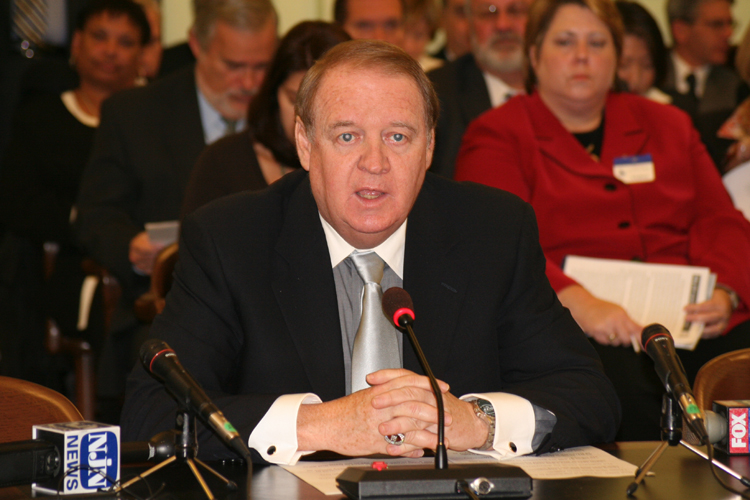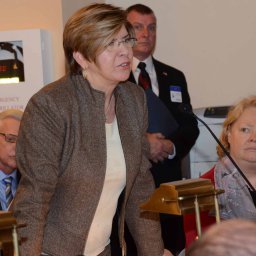
TRENTON — Legislation sponsored by Senators Richard J. Codey and Joseph Vitale that would require the Department of Community Affairs to post all inspection reports of residential health care facilities on its website cleared the Senate today. The bill, S-1856, would also require municipalities to file inspection reports of rooming or boarding houses and emergency shelters with the DCA, and those reports would be posted on the DCA web site as well.
“When families and the public gain greater access to information about the conditions of these facilities, it creates accountability and improves operations,” said Codey (D-Essex, Morris). “We have seen too many examples where these facilities have poor living standards, and hopefully shedding some sunlight into their operations will improve things.”
“When these facilities know they will face greater scrutiny, they have an incentive to improve living conditions,” said Vitale (D-Middlesex). “These inspections are already being conducted, and by publishing them online it provides a zero-cost method to help tackle poor living conditions at these facilities.”
Codey is one of the state’s leading advocates for residents with developmental disabilities and a staunch critic of poor conditions at state residential health care facilities and boarding houses. He has organized surprise raids of some facilities, including a Newark boarding home in March that resulted in the relocation of 47 residents due to fire safety and health violations.
The bill, S-1856, passed the senate by a 40-0 vote and now heads to the Assembly.
Legislation sponsored by Codey that would require the temperature at residential health care facilities, emergency homeless shelters, rooming and boarding houses to be maintained within a range of 65 through 81 degrees Fahrenheit also passed the Health, Human Services and Senior Citizens Committee today. The bill, S-1961, passed the senate by a 40-0 vote and now heads to the Assembly.
“We are putting the heat on these facilities, both literally and figuratively” said Codey. “If the temperature gets below 60 degrees, we will put the heat on. If the temperature is above 81 degrees, we will put the heat on these facilities and force them to make it a more comfortable environment.”



